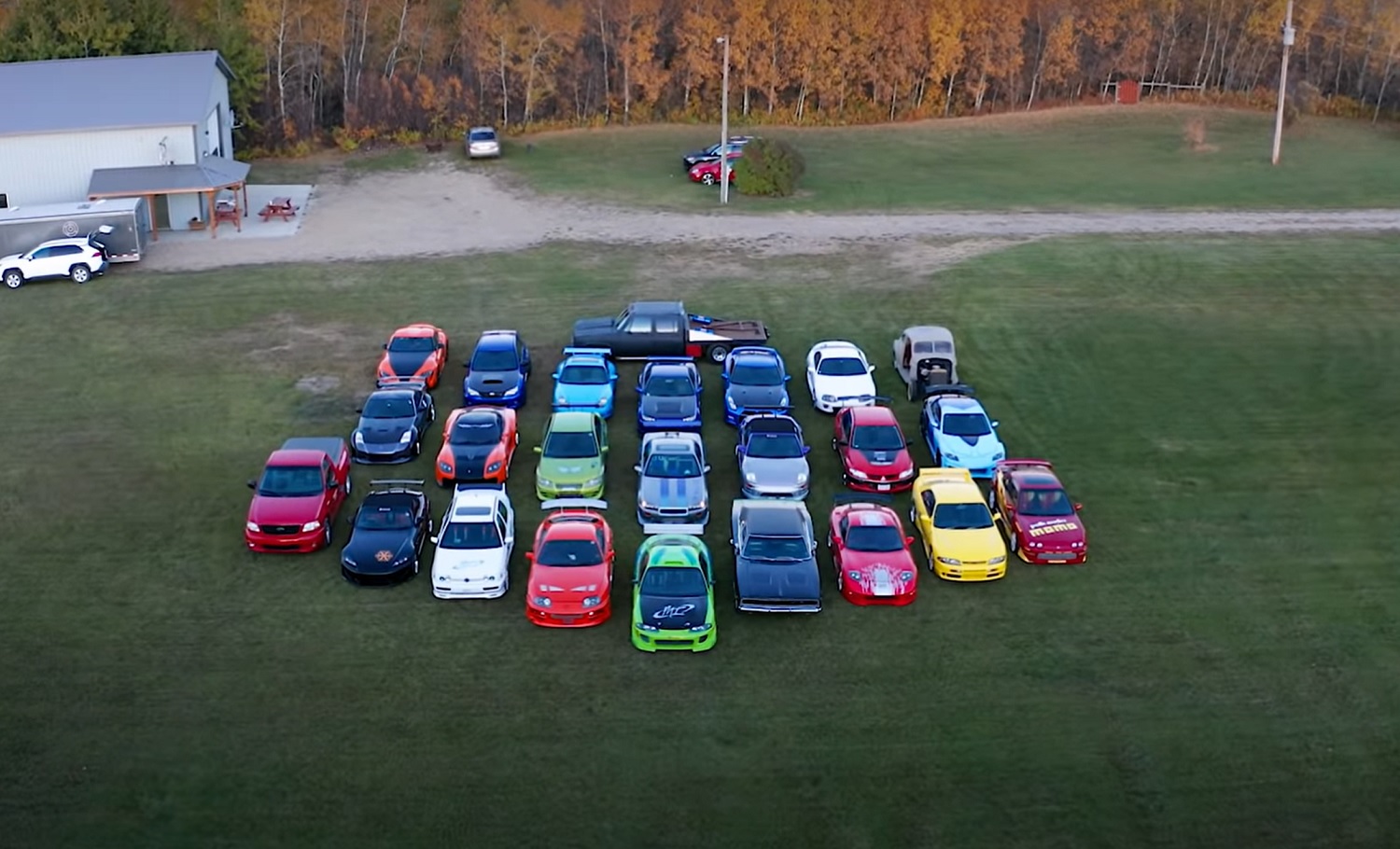
Once the tutorial is completed, the first character, Todd Marcus, is automatically unlocked. There are a total of 22 playable characters in the game so far (more cars will be added in future updates to the game). There is also the option to create a unique race track using different types of track pieces, as well as more buildings that players can trick off of to gain experience points. Players can also create their own unique town, with buildings that produce additional gold that you have to wait for a certain amount of minutes or hours. In order to unlock new characters, players must earn stickers by winning races. Each car has a different set of races, as well as their own track. Many companies offer a membership in exchange for lower rates.Cars: Fast as Lightning works similarly to games like CityVille, Car Town, and Disney Infinity, where players can customize racing arenas with accessories earned by winning races and gaining experience points. Some stations charge by the kWh, while others charge by the minute. It's difficult to assign a precise cost to fast charging, given the wide variety of providers and payment models. But that added convenience means they're more expensive than home charging or slower public chargers. Pay up for a quicker chargeĭC fast chargers, capable of adding significant amounts of range in 30 minutes or less, are the quickest method of replenishing an electric car's battery. EVs typically allow owners to schedule charging for certain hours of the day. Many owners charge their vehicles overnight when electricity rates are a fraction of peak daytime costs. Moreover, the cost to charge depends on the time of day one chooses to plug in. By contrast, it would cost only $25 to run a highly efficient Tesla Model 3 the same distance at 10 cents per kWh. Someone who owns an R1T and lives in Massachusetts, where electricity costs 25.28 cents per kWh, would pay around $126 to their utility provider to drive 1,000 miles. Models like the Rivian R1T pickup truck, Porsche Taycan sedan, and Audi E-Tron SUV only get a little over two miles per kWh. And some EVs are less efficient than others. In others, rates can be as high as 25 cents per kWh. In some states, you can expect to pay less than 10 cents per kWh. Your mileage may varyĮlectricity costs vary greatly across the country. Tesla's Level 2 charger costs $550, and the company estimates an additional $750-$1,500 for an electrician to hook it up.
#Cars fast as lightning connect to facebook install#
This type of charging is known as Level 1.įor a quicker charge, many owners choose to install a more powerful Level 2 charger, which uses an upgraded 240-volt circuit to deliver some 20-40 miles of range per hour.

All EVs come with a home-charging cable that plugs into a wall outlet and provides an extremely slow trickle of energy, approximately 3 to 6 miles of range per hour. There are also some potential up-front costs to charging at home. At that rate, someone who drives 1,000 miles per month would spend anywhere from $34 to $46 charging at home.įully recharging an electric car with a healthy range of 300 miles would require 75-100 kWh and cost $10-$14. In 2021, residential electricity cost 13.73 cents per kWh on average, per the US Energy Information Administration. In general, most electric cars can travel 3 to 4 miles per kilowatt-hour (kWh) of energy, according to the US Environmental Protection Agency.

Slower, at-home charging at home tends to be cheaper than using high-powered, fast-charging stations.Ī slew of other variables can impact charging costs, but this guide offers a rough idea of what to expect. As with gas cars, some EVs are more energy-efficient than others, leading to a lower charging bill. It all depends on the model you buy and where you decide to plug in, but charging an EV generally costs significantly less than refueling a gas car. Before dropping $40,000, $50,000, or $60,000 on a shiny new electric vehicle, many consumers will need to know: "How much will it cost to charge this thing?" and "Will I save on gas?"


 0 kommentar(er)
0 kommentar(er)
